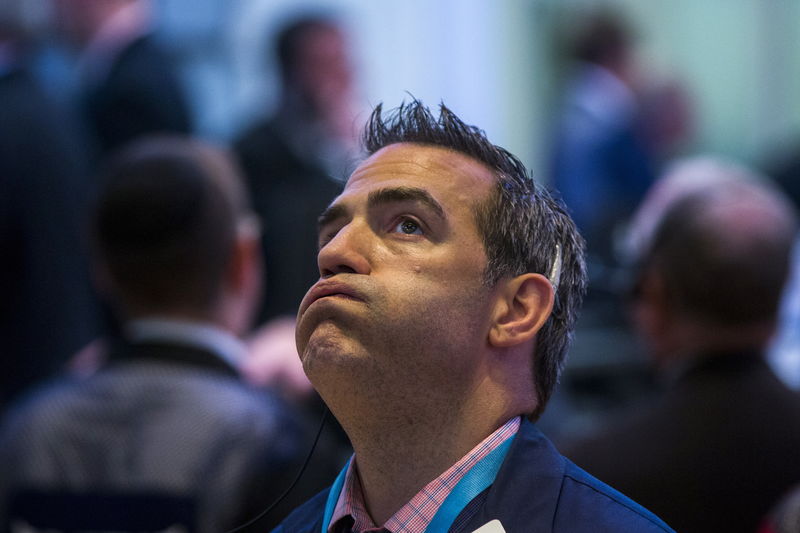* Australia reports first COVID-19 death in over a month
* Gold stocks hit 3-week high
* NZ c.bank holds rates, flags readiness for more stimulus (Updates to close)
By Pranav A K
June 24 (Reuters) - Gold and healthcare stocks helped Australian shares eke out another session of gains on Wednesday, as investors remained cautiously optimistic about hopes of an economic recovery even as coronavirus cases continue to rise.
The S&P/ASX 200 index .AXJO ended up 0.2% at 5,965.70 to a fourth straight session of muted gains. The benchmark is down 10.9% this year, as of last close.
Australia reported its first COVID-19 death in more than a month, even as a rise in new cases in Victoria, its second most populous state, sparked fears of a second wave. McCarthy, chief market strategist at CMC Markets, said proximity to the "key" 6,000 level for the index is adding to investor anxiety.
"Although the market managed to breakthrough, it's proving to be quite a barrier to further gains for the market despite the fact that we've had some fairly strong positive leads from international trading."
Safe-haven gold stocks .AXGD were the top performers on the benchmark, with the sub-index jumping 3.9% to its highest close in three weeks on firm bullion prices.
De Grey Mining Ltd DEG.AX rose 24.6%, while Emerald Resources NL EMR.AX gained 13.8%.
Australian healthcare index .AXHJ climbed to a near one-month high before closing 1.4% up, boosted by drugmaker CSL Ltd CSL.AX , advancing 1.1%, while Sonic Healthcare SHL.AX added 4.7%.
Gains on Wall Street helped tech stocks .AXIJ hit an all-time high earlier in the session. The sub-index ended trading 1.2% higher.
Meanwhile, the Aussie energy sub-index .AXEJ fell 1.3%, pressured by a slide in oil prices.
New Zealand's benchmark S&P/NZX 50 index .NZ50 gained most in a week, adding 1.1% to settle at 11,259.41 after the central bank struck a dovish tone by flagging it was ready to ease policy to restore an economy hit by the COVID-19 pandemic.
The Reserve Bank of New Zealand kept rates unchanged at a record low, as widely expected, saying economic activity was coming back faster than expected.
